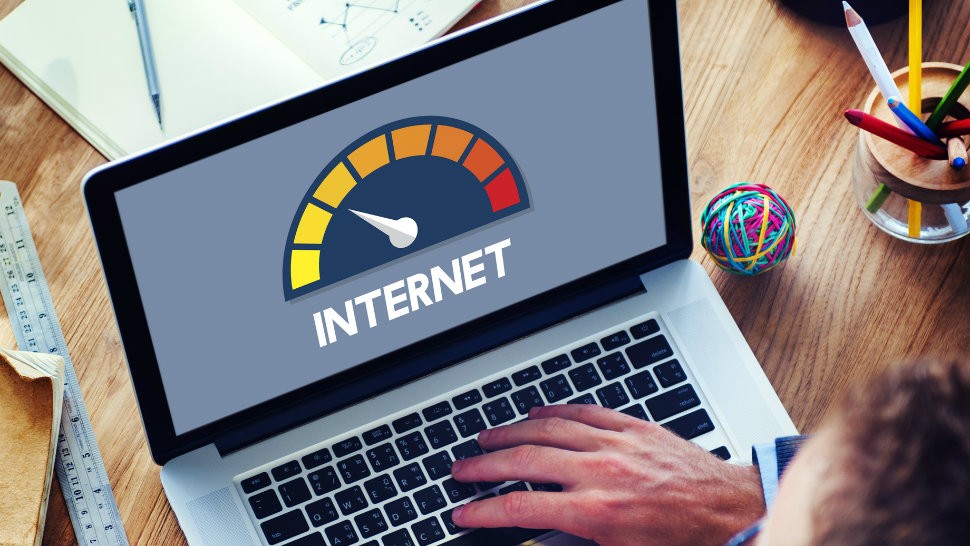
Internet connectivity is a pathway to a universe of digital information and communication. Earlier on, high-speed internet connections were available but not heavily demanded by users at large. Their activities on the web were simpler and did not stretch the bandwidth to its limits. With the time passing, however, a rapidly growing trend of video streaming, gaming and other high data consuming activities resulted in a greater demand for unlimited broadband speeds and gave birth to prominent issues like network congestions. Thus, putting even greater pressure on internet service providers. To fight such a strain especially during peak hours, some internet service providers started using their systems to slow down user connections in order to reduce the friction.
They might limit your data speed and usage, CenturyLink internet speed, however were deemed as the most reliable. Since, CenturyLink foreseeably installed the infrastructure to support greater demand for times to come.
Just as any road can get jammed, the network can also experience traffic jams usually when several users are accessing a faster speed network at the same time. To avoid any deadlocks, cable internet providers, who usually transmit the data using coaxial cable, resort to slowing down the network purposefully. Here is further elaboration of this phenomenon.
 Implementing Bandwidth Caps
Implementing Bandwidth Caps
Most of the internet providers introduce bandwidth caps to fight with high usage. The server enables a certain amount of data transfer over the month. Thus if a user goes beyond this limit, he/she is charged an additional amount of money. Most of the providers often slow down your internet connection when they monitor an excessive amount of data being downloaded or uploaded.
Modem Speed
Usually, the speed of your cable internet is controlled by the modem. By hardware configuration, it is possible to control the speed of your data. Through this feature, these service providers are able to offer various speeds to the customers according to their requirements and willingness to pay.
The modern cable modems are difficult to hack and are capable of instantly identifying those who try to make any changes in them. It usually comes along during the installation process for a cable internet connection. The internet speed is programmed in the modem by your internet service provider, according to the package availed. You must ensure that you get your required speed as promised in the package that you have promised to pay for.
Stopping Illegal Activities
Are you still wondering why the cable internet providers in your area would limit their data speeds with caps when that is the main attraction of their services? Well, a valid reason for internet service providers to slow down their speeds is to prevent any illegal usage of web hosting services or server-based activities being operated from homes. Since it can result in the consumption of a large number of resources, which may eventually lead to interrupted internet connectivity for others in that area.
Consistent Network
While 100 Mbps internet access seems like something out of this world, the fact remains that most people do not usually require one. Even the HD or 4k quality video streaming requires comparatively lower speeds. The reality is that if multiple users are accessing to the internet at the same time then any package is bound to throttle any time of the day. To give a clearer idea, data packets end up being lost when a lot of traffic starts flowing in a fast and heavy way. It is only by controlling the internet speeds that cable company providers can ensure a more consistent connection with minimal data losses.
On a concluding note,
The act of purposefully slowing down the internet services by your internet service providers through various means as mentioned above is to ensure consistent and more reliable internet connectivity in your homes. These reasons justify the need for slowing down of internet by the providers for meeting the quality standards of delivering impressive services to the consumers and offering a satisfactory speed to the users. In short, it is like offering a little in place of nothing at all.





